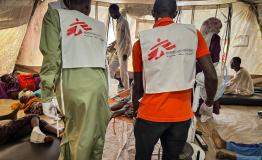
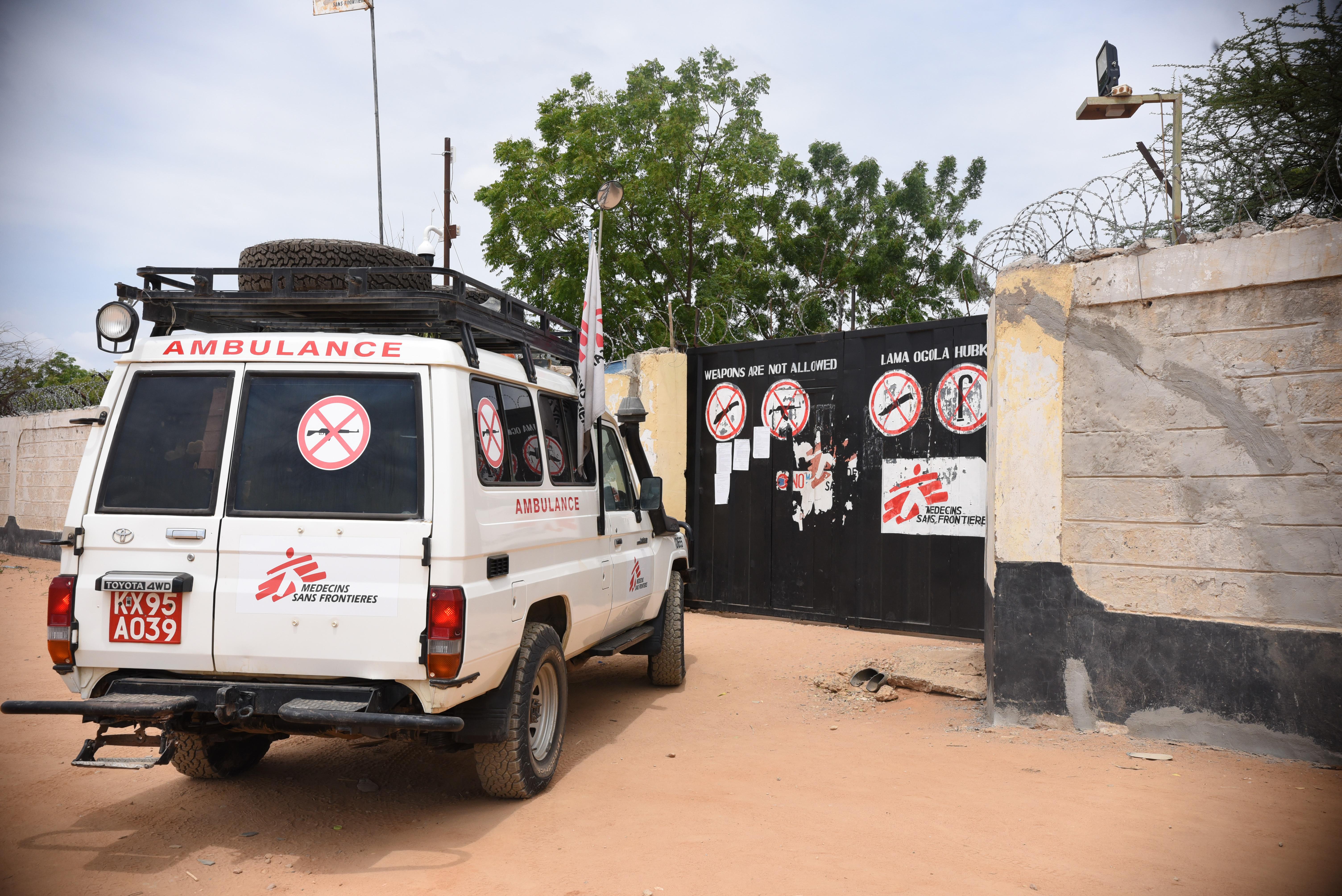
War and conflict
One of the ways in which we are able to demonstrate our independence to warring parties is to ensure that all our funding for work in conflicts comes from private individuals – we do not accept government grants.
Conflicts, be they international wars or those within countries, can have many consequences.
Fear of violence or persecution uproots entire communities and disrupts access to medical care for those that flee as well as those who stay behind.
Conflicts normally lead to a rise in trauma injuries, but also lead to problems for people needing normal medical care, such as complications with pregnancy or chronic diseases such as diabetes.
Psychological distress and mental illnesses also generally rise, as can cases of sexual violence.
We try to fill these gaps with highly experienced doctors, nurses, and logisticians, who provide specialised medical care and logistical support.

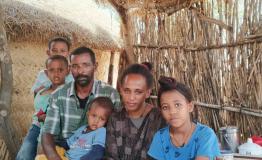
Refugees' Journey from Khartoum to the Camps in East Sudan
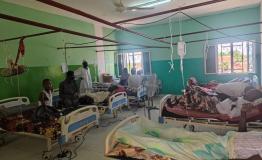
Sudan: Over 1,000 wounded people treated at MSF-supported hospital during almost three months of fighting in El Fasher
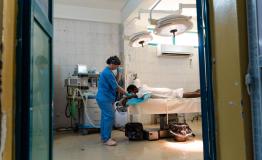
“We have daily power problems in Khartoum, and in a hospital this can have life or death consequences”
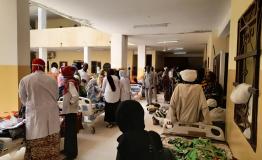
Sudan: Obstructive bureaucracy and insecurity hampering humanitarian response
